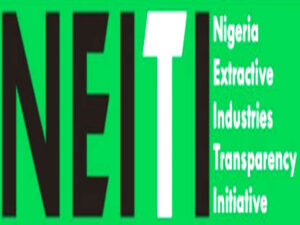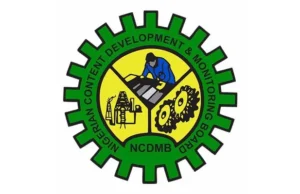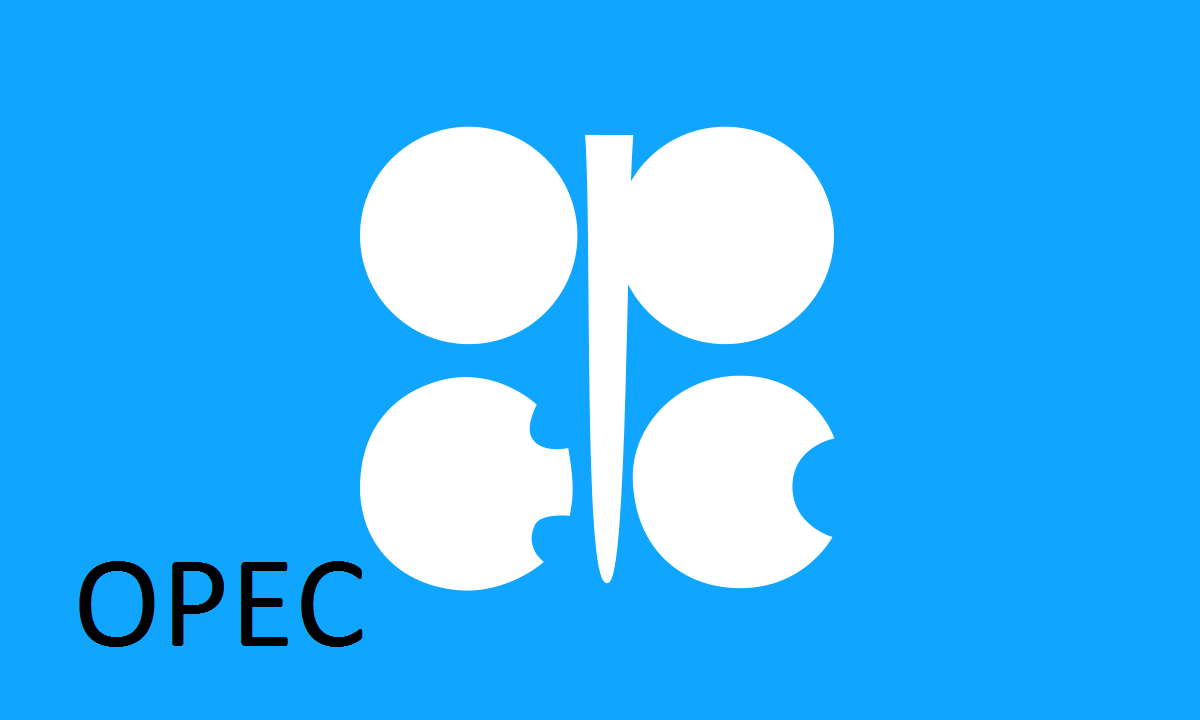Petrol Price May Drop in Nigeria as Global Crude Oil Prices Decline
There are strong indications that Nigerians could soon be paying less for Premium Motor Spirit (PMS), popularly known as petrol, due to a significant fall in the global price of Brent crude.
Brent crude, the global benchmark for oil prices, has dropped from $69.90 to $65 per barrel in recent days. This decline is largely attributed to U.S. President Donald Trump’s announcement of sweeping new tariffs, which have sent shockwaves through global markets.
Further impacting oil prices, the Organisation of Petroleum Exporting Countries (OPEC) and its allies have agreed to boost oil output by 410,000 barrels per day beginning in May 2025. This is a considerable jump from their earlier planned increase of 135,000 barrels per day.
These moves are reshaping global oil supply dynamics, and the effects are now being felt at home. Key fuel depots like Mainland, A.Y.M, and Ever have lowered their wholesale prices to ₦918 per litre, down from ₦920. Meanwhile, Prudent, Eterna, and Soroman have also reduced their rates to ₦912, ₦897, and ₦915 respectively, compared to previous rates of ₦913, ₦900, and ₦916.
According to data from petroleumprice.ng, oil marketers are expected to respond to these changes by adjusting pump prices downward as new stock arrives—assuming current trends continue.
This could bring welcome relief to consumers, as retail prices of petrol are likely to fall, easing the financial burden on transportation, goods, and services across the country.
Speaking with Sunday Vanguard, Billy Gillis-Harry, President of the Petroleum Products Retail Outlets Owners Association of Nigeria (PETROAN), expressed optimism that if market conditions remain favorable, the price reductions could positively impact the broader economy.
Meanwhile, OPEC has reaffirmed its commitment to stabilizing the oil market. In a report, the group revealed that eight OPEC+ members—including Saudi Arabia, Russia, Iraq, UAE, Kuwait, Kazakhstan, Algeria, and Oman—held a virtual meeting on April 3, 2025, to review the market and confirmed plans for a 411,000 barrels-per-day production hike in May.
This adjustment includes the originally scheduled May increase plus two earlier-than-planned increments. However, OPEC+ emphasized that the increases could be paused or reversed depending on market conditions, allowing for flexible responses to ensure price stability.
They also reiterated their pledge to offset any overproduction since January 2024 and committed to submitting updated compensation plans to the OPEC Secretariat by April 15, 2025.





